From email scams to oil spills and charlatan Pentecostal preachers, it’s clear that Nigeria has something of an image problem.
While the outside world’s perception of Africa’s most populous country hasn’t always been overwhelmingly positive, there’s plenty more to this nation than its unsavory associations.
Traditional weddings
In Nigeria, if you’ve reached your 30th birthday and are still unhitched, the elders will harass you down the aisle, which is why barely a week goes by without someone staging a traditional wedding ceremony somewhere.
Jollof rice
This mouth-watering tomato-based rice dish is a party staple.
There are many ways to cook it, involving endless permutations of meat, spices, chilli, onions and vegetables.
Eating chicken to the bone
While we’re still on the subject of food, Nigerians are champions at eating chicken to the bone and beyond.
It’s not enough to simply eat the flesh. We break the bone, suck out the marrow and pulverize the remainder until there’s almost nothing left.
If your chicken thigh is still forensically identifiable at the end of the meal then you haven’t done it right. Abeg, finish am!
Nollywood films
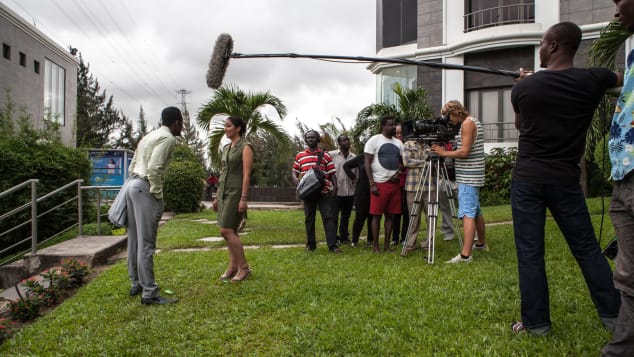
Only Hollywood and India’s Bollywood make more movies than Nigeria.
Known as Nollywood, our film industry is big business — so big it contributes 5% to national GDP.
With average flicks churned out in under a two weeks, Nollywood films are famous for their poor (albeit improving) production values.
But what they lack in sophistication they make up for in story lines that are an entertaining window on Nigerian moral values and byzantine social dynamics.
Durbar royal horse parade
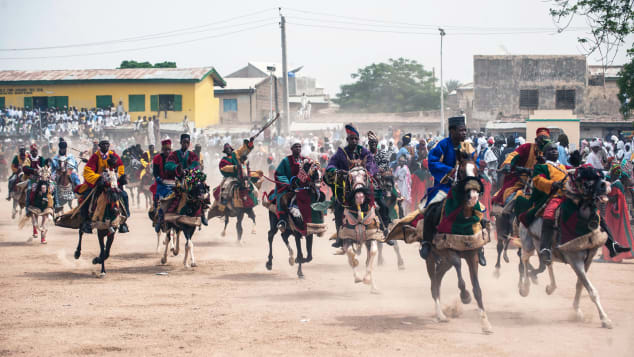
Celebrated in some northern cities, Durbar marks the end of Ramadan.
Stefan Heunis/AFP/Getty Images
The annual Durbar festival is the cultural highlight of Nigeria’s Islamic north.
This visual extravaganza is celebrated by thousands of peoples, mainly from the Hausa-Fulani ethnic groups, in multiple cities at the end of Ramadan.
Followed by a parade that takes place in the city of Kano at the Emir’s Palace, it’s become a longstanding tourist attraction.
Optimism
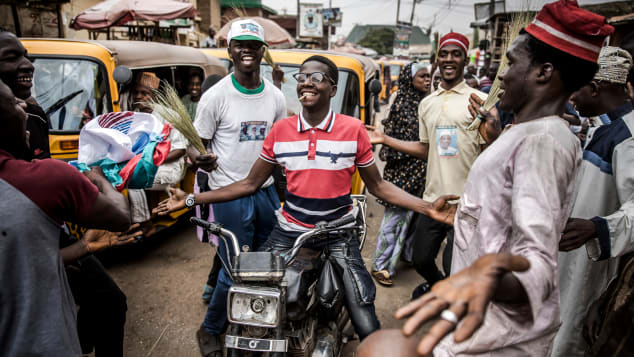
Street celebrations in the northern city of Kano.
Luis Tato /AFP/Getty Images
For all its political and economic troubles, Nigerians are somehow still among the most optimistic and happy people on the planet.
Opportunity doesn’t come knocking — we chase it, with the help of God, who we all know is on our side.
The Lord may have rested on the seventh day of Earth’s creation, but that’s the last day off he’s enjoyed ever since.
Proverbial sense
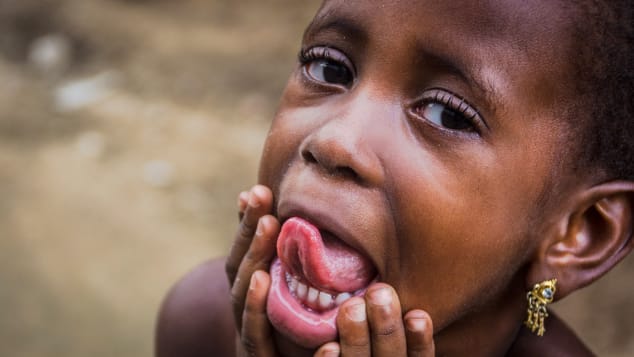
Proverbs are a big part of Nigerian culture.
Pixabay / Creative Commons
Nigerians love a good proverb and we never stop inventing new ones.
Some aphorisms are blunt and to-the-point. Others can be a little cryptic, so you sometimes need a high level of “proverbial sense” to understand what they’re getting at:
“Monkey no fine but im mama no like am [The monkey might be ugly but his mother loves him].”
“If you can’t dance well, you’d better not get up.”
“The man being carried does not realize how far away the town really is.”
“The quarrel that doesn’t concern you is pleasant to hear about.”
“The whip hits at the legs, not the guilt.”
“Until lions have their historians, tales of the hunt shall always glorify the hunters.”
“The one-eyed man does not thank God until he sees a blind man.”
“Rat wey get only one hole, they quick die [A rat with just one hole will soon die].”
“After God, fear woman.”
“No license for nonsense [behave yourself].”
“No business, no wife.”
“Keke [motorized tricycle] today, private jet tomorrow!”
Masquerades
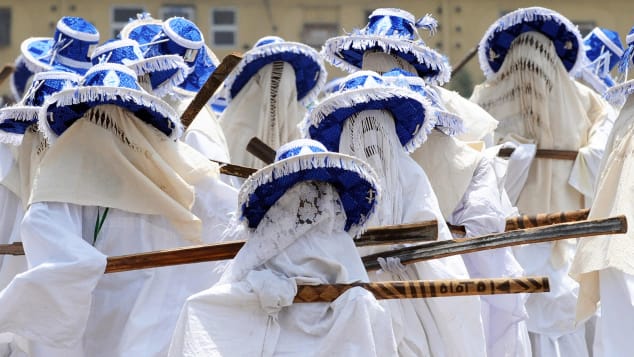
Masquerades appear at Nigerian festivities.
Pius Utomi Ekpei/AFP/Getty Images
Masquerades are a huge aspect of Nigerian culture.
These masked costumed figures are considered to embody the spirits, and serve as a fundamental part of Nigerian pre-colonial religious tradition.
Nowadays they double up as entertainment and appear during weddings and festivals, particularly at Christmas time.
Nigeria has over 250 ethnic groups, each with its own masquerade. The masks and costumes are visually striking.
Bronze sculptures
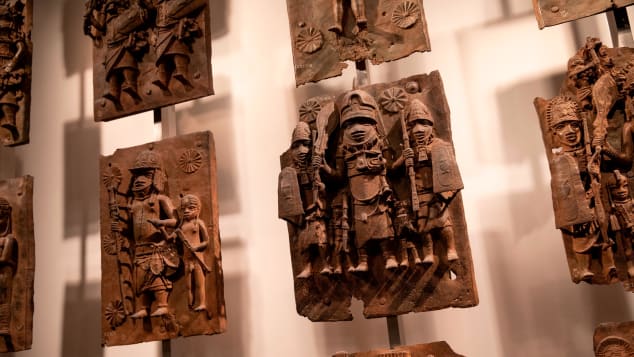
Plaques forming part of the Benin Bronzes on display at the British Museum.
Dan Kitwood/Getty Images Europe
The famous Benin Bronzes are a collection of plaques and sculptures that once decorated the royal palace of the Kingdom of Benin.
Dating back to the 13th century, these exquisite artworks include bas-relief images of dignitaries or warriors.
They were influenced by the Ife civilization nearby, which produced life-sized bronze heads of the Ooni (king) and his queens.
When Europeans first saw the Hellenic-style realism of the Ife sculptures they were “shocked” that Africans could produce such beauty and sophistication.
The British liked the Benin bronzes so much they stole them during punitive raids in 1897 and have kept hold of them to this day.
Some of the best specimens are displayed at the British Museum in London, the Louvre in Paris and Berlin’s Ethnological Museum.
Making the best of ‘go slows’ (traffic jams)

Nigeria is notorious for traffic congestion.
Pius Utomi Ekpei/AFP/Getty Images
Traffic jams — known as go slows — are a daily part of life on Nigeria’s roads, but although they may delay your journey they needn’t stop you from completing your day’s shopping from the comfort of your vehicle.
Source: CNN